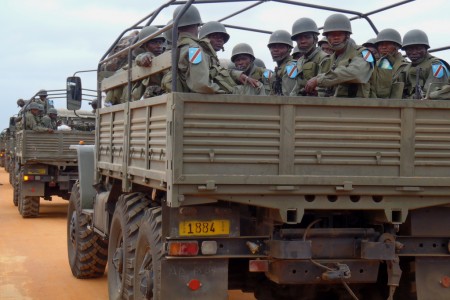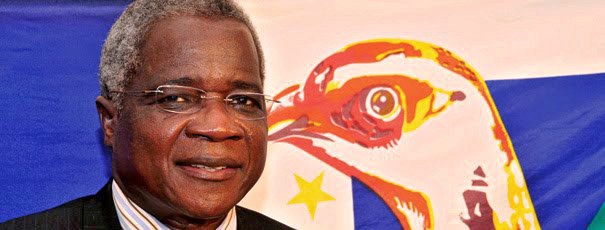
This article was originally published by the Global Observatory on 20 January 2016.
Akin to its physical landscape, the political environment of Sub-Saharan Africa in 2015 varied greatly from country to country. On a positive note, elections in politically polarized countries such as Nigeria, Tanzania, Guinea, and Cote d’Ivoire concluded relatively peacefully, despite the shadow of political violence looming large. Burkina Faso, which entered the year in political limbo following the ousting of long-serving president Blaise Compaoré, also elected its first democratic government, thwarting a coup attempt by the deposed leader’s presidential guard in the process.
In another encouraging development, 2015 also marked the nadir of the West African Ebola outbreak, which killed more than 11,000 people since the virus was first reported in the region in early 2012. Just today, the World Health Organization declared Liberia—the last affected country—Ebola-free.
However, while last year saw Sub-Saharan Africa overcome a number of important challenges, it also saw the continuation and often the creation of social, political, and economic obstacles that will define the continent’s security outlook in 2016.


